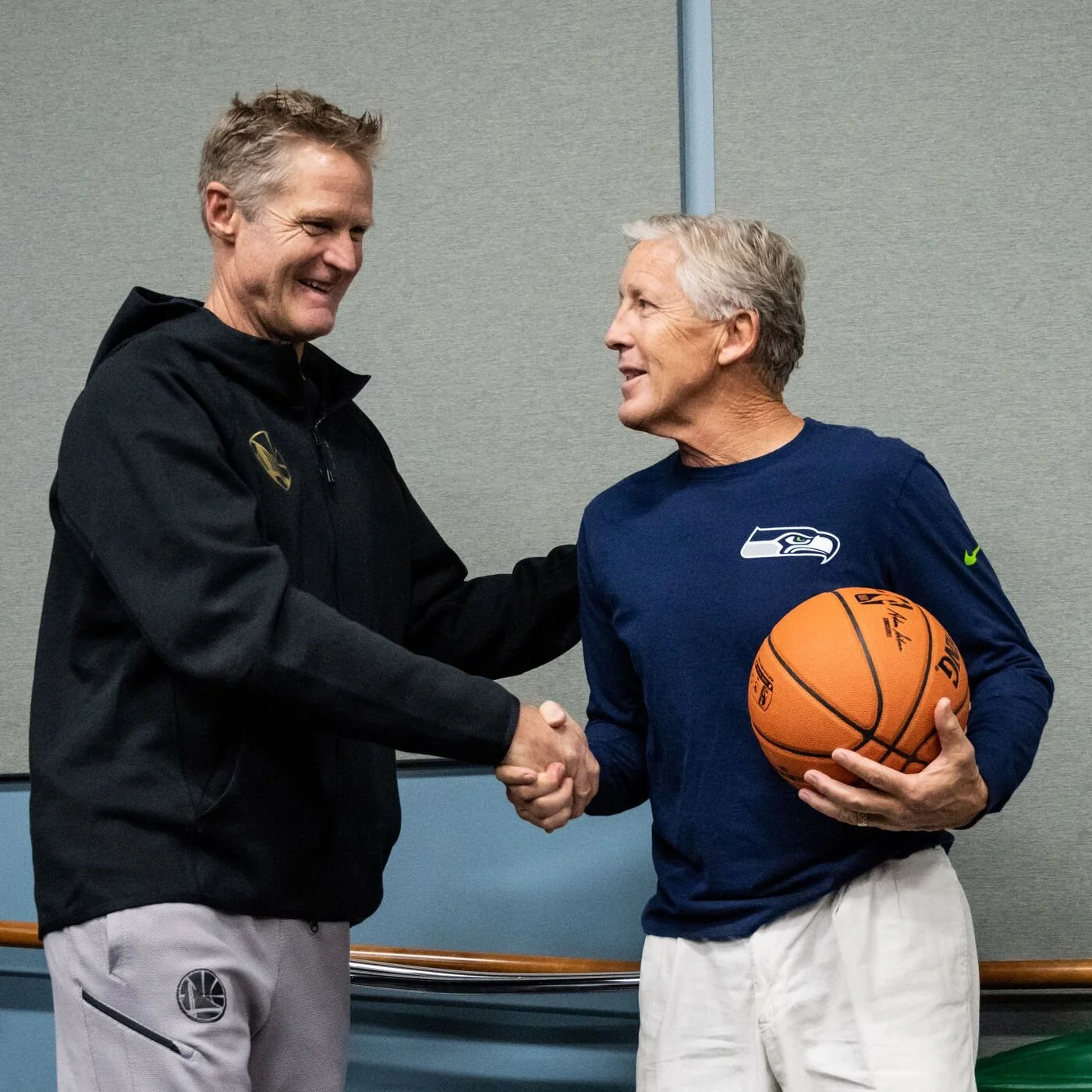Ideas on how to enjoy the many chapters of coach development as opposed to rushing to the punchline
/A recently written article by Magic Academy’s Russell Earnshaw offered personal support and reflection for some of my recent discussions with coaches across various sports. I have been fortunate to catch up and chat to coaches within different sports recently, looking at how their practices and methodologies have changed as a result of the COVID break. Many also discussed how THEY have changed as a person as well as a coach; I questioned whether they have greater levels of understanding, empathy and appreciation for fellow coaches and their athletes. Many coaches answered and discussed their concerns of the lost experience and traction in their coaching journey which promoted me to ask myself and others; what’s more important; time and experience in various sporting or high performance atmospheres or understanding who you are and be adaptable to cultivate your craft based on your player’s needs?
Read More





